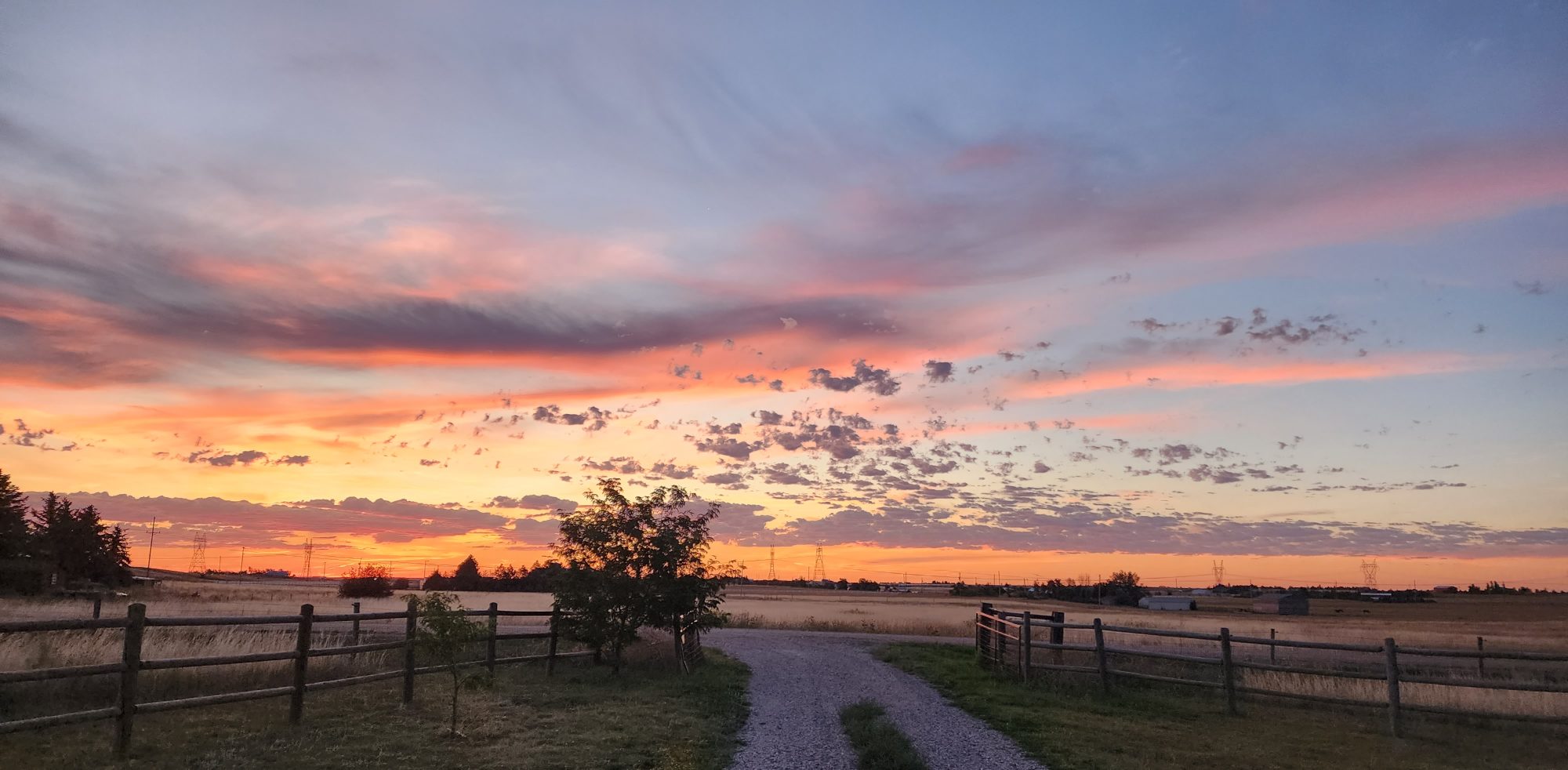Summary of Genesis 46:1-30:

Israel/Jacob set out with all of his household and belongings for Egypt. At Beersheba he offered sacrifices to God. There God spoke to him, reassuring him to go to Egypt.
Jacob left Beersheba for Egypt, taking with him all his sons, their wives and children, his daughters and their families and all his possessions including his livestock. They numbered 66 persons who went with Jacob that were direct descendants. Counting Joseph and his two sons and Jacob the total came to 70 in Egypt.
Joseph met his family at Goshen where they were to settle in Egypt, and he threw his arms around his father and wept. Israel/Jacob said he is now ready to die since he’s seen that Joseph is still alive.
BSF Study Questions Genesis: Lesson 27, Day 4: Genesis 46:1-30
9a) That is was God’s will for them to go since He wanted them in the Promised Land and God had told them to settle where there were at.
b) God spoke to Jacob/Israel in a vision at night, reassuring him that he was to go to Egypt and that God would build them into a great nation there.
c) God is good. He wants to reassure his people that they are doing the right thing. He also is taking care of them so that they can survive.
10) 66. For the line of Jesus to be recorded.
11a) We’ve moved recently to follow our dreams. They are still unfolding.
b) Romans 8:28: “And we know that God causes everything to work together for the good of those who love God and are called according to his purpose for them.”
2 Corinthians 9:8: “And God is able to bless you abundantly, so that in all things at all times, having all that you need, you will abound in every good work.”
Philippians 4:19: “And my God will meet all your needs according to the riches of his glory in Christ Jesus.”
ConclusionsBSF Study Questions Genesis: Lesson 27, Day 4: Genesis 46:1-30
I wonder who eventually told Jacob what had actually happened to Joseph and how he got to be in Egypt. That would have been a conversation I would have liked to have heard. “Uh, Father, well, um, we didn’t like Joseph, so we threw him in this well, and then we sold him….”
End Notes BSF Study Questions Genesis: Lesson 27, Day 4: Genesis 46:1-30
We’ve seen Beersheba before in Genesis. (Genesis 22:19), (Genesis 26:23). Abraham planted a tamarisk tree, and God spoke to Isaac here Genesis 21:33), repeating his covenant promise. Genesis 26:24-25). Jacob was making a huge move to a land far away. He needed God’s approval. God told him it was okay to find his wife away from the Promised Land as well (Genesis 28:12-17).
By God telling Jacob to not be afraid to go to Egypt indicates he probably was, as most of us would be. Remember in ancient times, people did not travel very far from where they were born. This is a huge move.
We’ve seen Egypt play a big role already in the Bible:
- Abraham went to Egypt the last time there was a famine in the land, but this was against God’s will (Genesis 12:10-20)
- Isaac was told to not go to Egypt during a famine: (Genesis 26:2).
- Jacob probably knew that God had foretold his people would be strangers/slaves in a land for 400 years (Genesis 15:13). Was this the beginning of 400 years?
God’s Promises to Jacob/Israel:
- “I will make you a great nation there.”
- “I will go down to Egypt with you.”
- “I will surely bring you back again.”
- “Joseph will close your eyes.”
The Israelites will be left alone as the Egyptians will not intermarry with them. This allows God’s people to grow in faith. God will be with them. God will bring them back to the Promised Land. Joseph is alive!
Carts were a sign of wealth, so Jacob was thrilled to see these. Plus, he probably wasn’t looking forward to walking or riding a donkey that far!
The sons of Judah lead to Jesus: Abraham, Isaac, Jacob, Judah, Perez, Hezron
70 males total from God’s people went to or were in Egypt. In Acts 7:14, Stephen tells us 75 went to Egypt. This number includes the sons and grandsons of Joseph who were born in Egypt
Once Abraham waited years for Isaac, 60 years passed before Jacob came alone. Then Jacob had his sons throughout his lifetime. After being in Egypt for 430 years, the Israelites would leave with 600,000 men and 2 million people. God is good, indeed.
Judah is chosen since he was the one with the most repentant heart.
Like this:
Like Loading...











